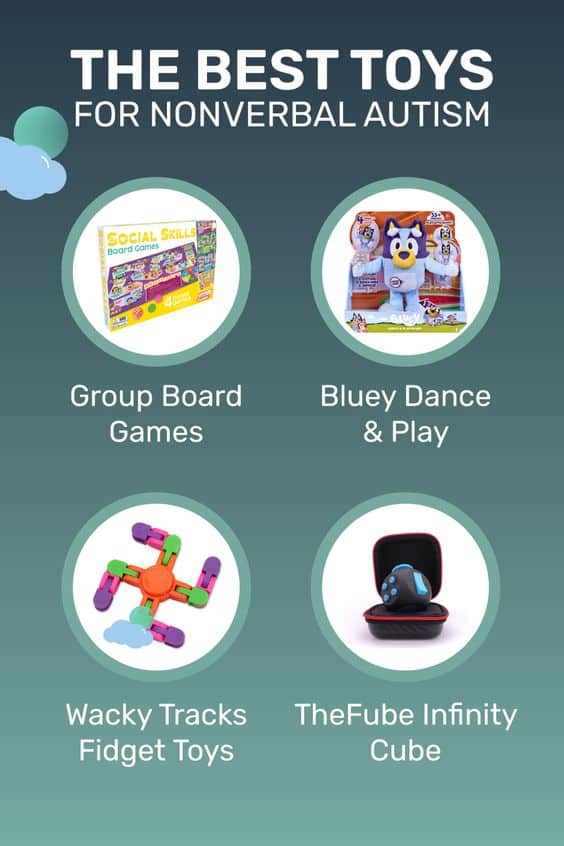Developmental delay refers to a condition in which a child’s progress in one or more areas of development is significantly delayed compared to their peers. The symptoms of developmental delay can vary depending on the specific area of development affected. Here are some key symptoms to be aware of:
- Language delay: Difficulty in speaking, limited vocabulary, struggles with understanding and using language.
- Motor delay: Delays in achieving motor milestones such as crawling, walking, or fine motor skills like holding a pencil.
- Social-emotional delay: Challenges in social interactions, difficulty recognizing and responding to emotions, and trouble forming relationships.
- Cognitive delay: Slow progress in cognitive skills, including problem-solving, memory, and learning abilities.
- Behavioral issues: Increased tantrums, impulsive behavior, difficulty following instructions.
Understanding these symptoms can help identify and address developmental delays early on, allowing for timely interventions and support. Goally, our tablet, aids kids with developmental delays by fostering life and language skills through fun apps like digital visual schedules, AAC, gamified learning, emotional regulation, executive functioning, and social skills training videos.
This post was originally published on Feb. 7, 2023. It was updated on July 19, 2023.












